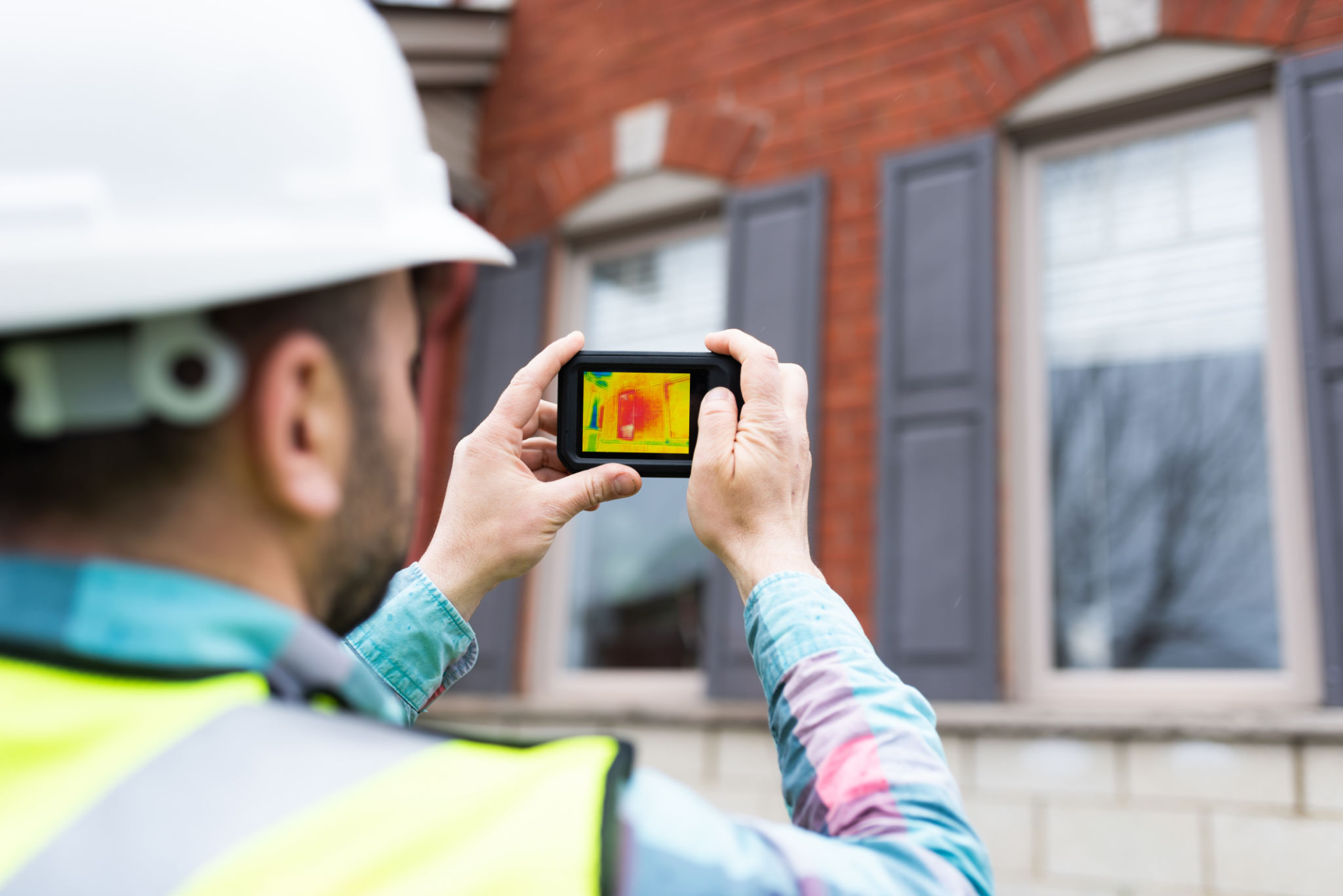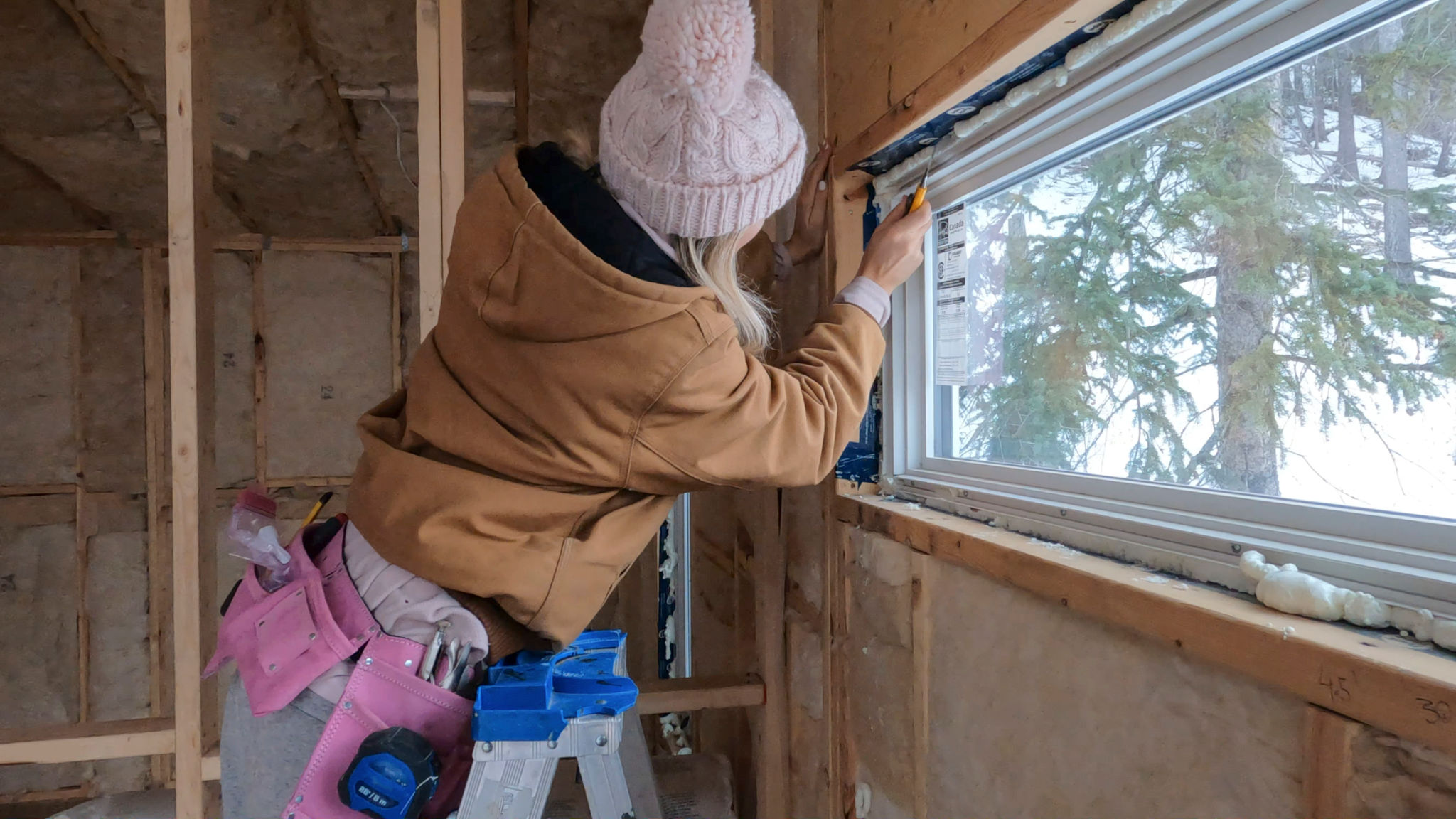The Ultimate Guide to Choosing Energy-Efficient Windows for Your Home
Why Choose Energy-Efficient Windows?
In today's world, where sustainability and cost-saving are at the forefront of many homeowners' minds, investing in energy-efficient windows can be a smart decision. These windows not only reduce energy consumption but also contribute to a more comfortable living environment by maintaining consistent indoor temperatures. They help lower utility bills and reduce your carbon footprint, making them an excellent choice for environmentally-conscious homeowners.

Understanding Window Ratings
When selecting energy-efficient windows, it's crucial to understand the different ratings that indicate their performance. Look for the U-factor, which measures a window's insulation capabilities. Lower U-factors indicate better insulation. Another important rating is the Solar Heat Gain Coefficient (SHGC), which measures how well a window blocks heat from sunlight. A lower SHGC means less solar heat is transmitted, making it ideal for warmer climates.
Energy Star Certification
Windows with the Energy Star certification meet or exceed energy efficiency guidelines set by the U.S. Environmental Protection Agency. Choosing Energy Star-rated windows ensures you're getting a product that will effectively reduce energy costs while contributing to a more sustainable home.

Types of Energy-Efficient Windows
Understanding the different types of energy-efficient windows can help you make an informed choice. Here are some options to consider:
- Double or Triple Pane Windows: These windows have two or three layers of glass with insulating gas between them, providing excellent insulation.
- Low-E Glass: This glass has a special coating that reflects infrared light, keeping heat inside in the winter and outside in the summer.
- Gas Fills: Argon or krypton gas fills between panes improve insulation compared to air-filled windows.
Frame Materials
The material of the window frame also plays a significant role in its energy efficiency. Common materials include:
- Vinyl: Affordable and low maintenance, vinyl frames offer good insulation.
- Wood: Offers excellent insulation and aesthetic appeal but requires regular maintenance.
- Fiberglass: Durable and offers superior insulation, though it can be more expensive.

Installation Matters
No matter how energy-efficient a window is, improper installation can negate its benefits. It's crucial to hire experienced professionals to ensure that windows are installed correctly, with tight seals to prevent air leaks. Proper installation guarantees that you maximize the energy efficiency and longevity of your new windows.
Maintenance Tips
Regular maintenance is key to keeping your energy-efficient windows in top condition. Clean the glass and frames regularly to prevent buildup that can affect performance. Check seals and weatherstripping periodically to ensure they remain intact and replace any damaged components promptly.

The Long-Term Benefits
Investing in energy-efficient windows can lead to significant long-term benefits. Not only will you enjoy reduced energy bills, but you’ll also increase your home's resale value. Potential buyers often look for energy-efficient features as they become more aware of environmental issues and long-term cost savings.
In conclusion, choosing the right energy-efficient windows involves understanding ratings, types, frame materials, and ensuring proper installation. By making informed decisions, you can enhance your home's comfort, reduce costs, and contribute positively to the environment. Start exploring your options today for a more sustainable future.
